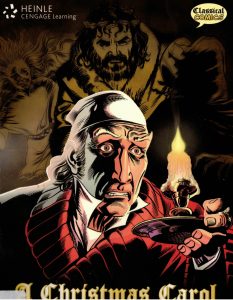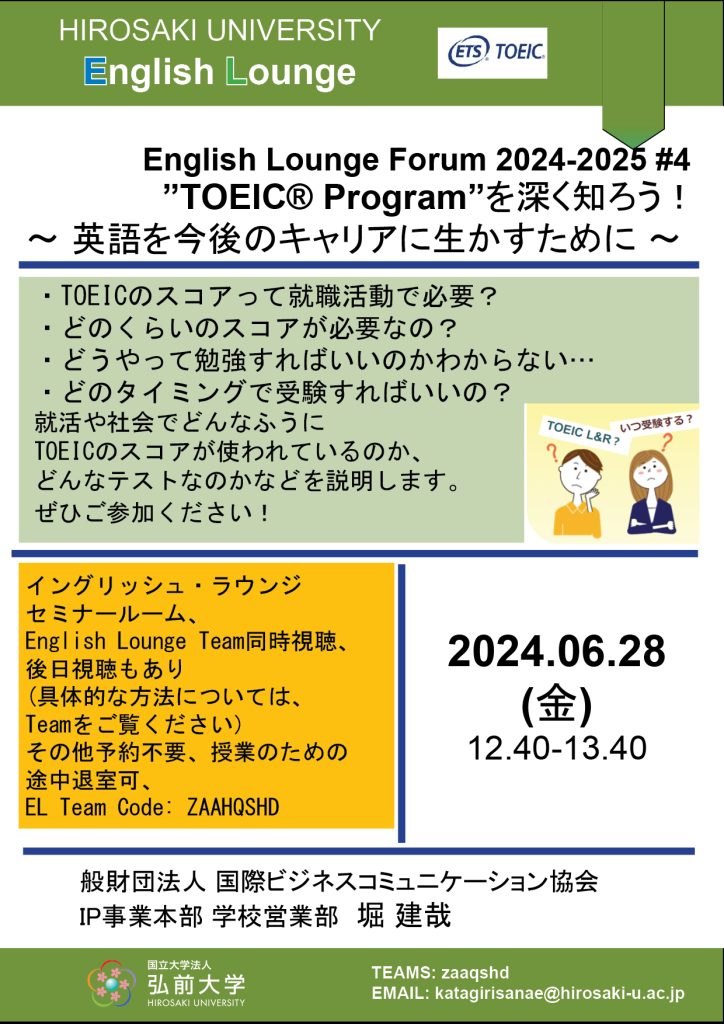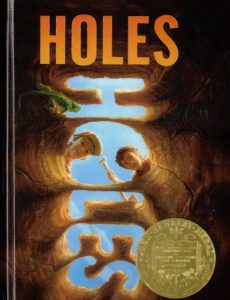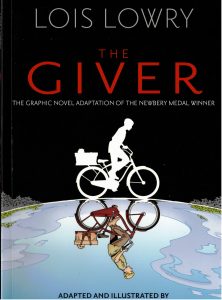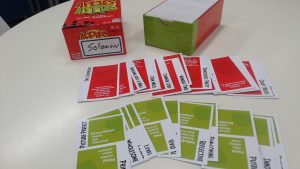[Welcome to the EL Book Introductions series. These posts are all short (<180 words) introductions/reviews of books in the EL library. They focus on telling you what we think will be interesting for you, a college student and English learner, so use them to help you find the right book for you. You can also use the tags to find books about topics you might be interested in.]
_______
“Classical Comics” is a series of comic books made by the English textbook company, Heinle. The comics are adaptations of famous classic stories, and the English Lounge has a whole collection of them. Because these books are meant for English learners, they include helpful information in the back: a vocabulary list, information about the author, character lists, etc. In addition, the English is changed to be easier to understand than the original, like a Graded Reader.
A Christmas Carol is based on Charles Dickens’ short book of the same name. It tells the story of Ebinezer Scrooge, a rich and greedy old man whose heart has grown cold. This story is so famous that if you call someone a “Scrooge” it means they are being greedy. Christmas is coming, but he hates the holiday. Then, he is visited by a series of ghosts who show him Christmas past, present, and future, including his lonely death. He learns the meaning of Christmas, love, and God, and promises to change his life.
My two cents: “Classical Comics” do not have great art. However, I think that A Christmas Carol has some of the better and more creative drawings in the series, especially the use of black and the colors of the three different ghosts.
